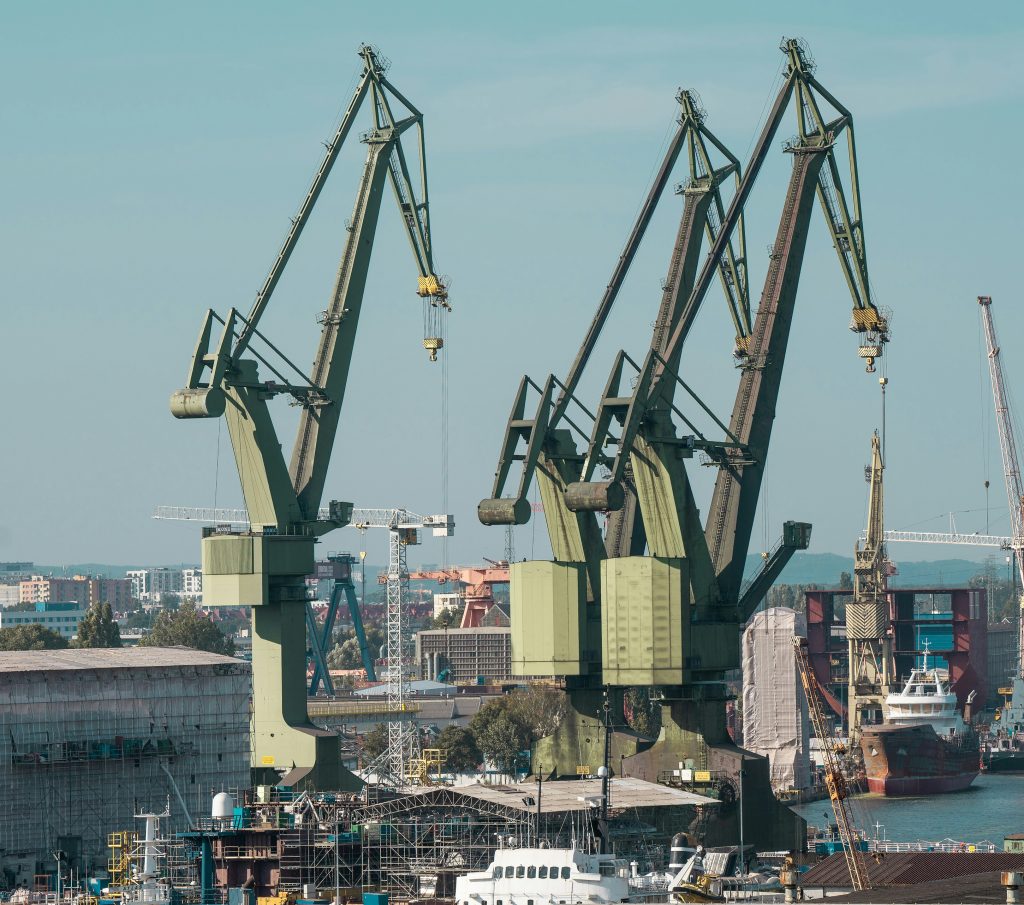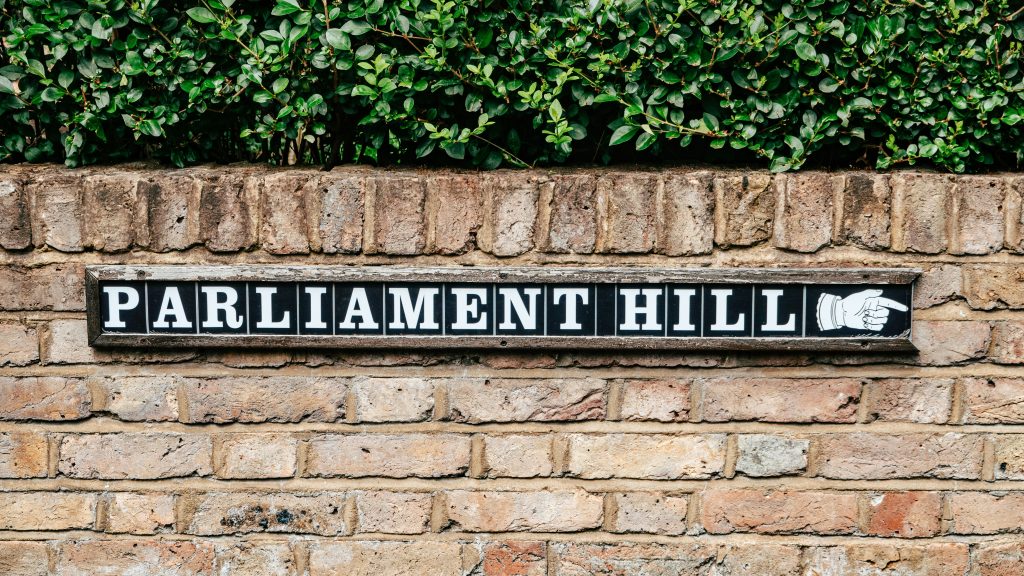Germany Tightens Border Controls Amid Rising Far-Right Sentiment and Migration Concerns
In a significant policy shift, German authorities have announced the introduction of stringent border controls at all land crossings as a response to increasing far-right sentiments and pressures from upcoming elections. This move, which aims to curb irregular migration, follows a series of extremist attacks that have sent shockwaves through the nation and raised concerns about public safety.
The German government, led by the Ministry of Interior, has declared that these measures are necessary to combat not only irregular migration but also the associated rise in crime that has been linked to it. The decision has been met with widespread criticism from neighboring countries, particularly Poland, where the Prime Minister has labeled Berlin’s actions as unacceptable and a breach of European law. He has called for urgent consultations with other European nations to address what he describes as a “de facto suspension of the Schengen Agreement on a large scale.”
This tightening of border controls is indicative of a growing trend among European nations grappling with the complexities of migration and security. As the far-right continues to gain traction in Germany, public sentiment has shifted towards a more nationalistic approach to immigration, prompting authorities to take decisive actions that they believe will resonate with the electorate.
Germany’s move to enhance checks at its borders comes in the wake of rising public anger over the perceived inability of the government to manage migration effectively. The recent extremist attacks, which have raised alarms about national security, have only intensified the call for stricter immigration policies. This has led to a climate where political leaders feel pressured to act, often at the expense of established agreements like the Schengen Agreement, which allows for passport-free travel across many European countries.
While the German government argues that these measures are necessary to protect its citizens and maintain order, critics warn that they could lead to increased tensions among EU member states and undermine the principles of free movement that have been a hallmark of European integration. The Polish Prime Minister’s remarks reflect a growing unease among European leaders regarding the potential ramifications of Germany’s unilateral actions.
As discussions continue among European nations, the implications of Germany’s decision on its relationships with its neighbors remain to be seen. Will this lead to a ripple effect, prompting other nations to adopt similar measures? Or will it spark a backlash that brings attention to the need for a more cohesive and humane approach to migration across Europe?
As the situation develops, all eyes will be on Germany and its neighbors as they navigate the delicate balance between security and the values of cooperation and solidarity that the European Union was founded upon. The coming months will be crucial in determining the future of border policies in Europe and the impact they will have on the lives of countless individuals seeking a better life in the continent.
Tags: border controls, European Union, far-right, Germany borders, immigration policy, Schengen Agreement
Tensions Rise as Nationwide Protests and Counter-Protests Loom in the UK
In a climate of escalating tension, the UK is bracing for a series of far-right demonstrations and counter-protests set to unfold across the nation today. With reports indicating that over 100 far-right gatherings and 30 counter-protests are planned, authorities are on high alert, mobilizing extensive police resources to maintain order. The Metropolitan Police have confirmed that approximately 6,000 riot officers are prepared to respond to any outbreaks of violence that may occur during these events.
The increased unrest follows a series of violent incidents in city centres, particularly in Yorkshire, where an attack on a hotel housing asylum seekers has raised concerns among local authorities. The police are closely monitoring social media channels, including encrypted messaging services, where messages have circulated indicating potential gatherings in at least 18 towns and cities.
The far-right demonstrations are reportedly targeting immigration centres, with specific locations identified as being on a ‘hit list’. This has prompted a significant police presence and strategic planning to avert any violent confrontations. Officers are particularly vigilant in London, where the potential for clashes is heightened due to the concentration of demonstrators and counter-protesters in urban areas.
As the day progresses, the atmosphere remains charged, and many are questioning the broader implications of such gatherings on societal cohesion and public safety. The planned protests reflect a growing divide within communities regarding immigration and national identity, issues that have become increasingly polarized in recent years.
The police have urged the public to remain calm and avoid confrontation, emphasizing the importance of safety during these volatile situations. They have also highlighted the role of community leaders in fostering dialogue and understanding amidst the rising tensions.
As the clock ticks down to the planned demonstrations, many will be watching closely to see how this situation unfolds and what it means for the future of public discourse in the UK.
Tags: counter-protests, far-right, protests, Protests today, public safety, UK unrest
Unrest Erupts Across the UK as Far-Right Protests Escalate
In a shocking turn of events, the United Kingdom has found itself grappling with widespread unrest as far-right protests erupted over the weekend, leaving cities in chaos. Streets were littered with debris and remnants of fires, as demonstrators clashed with law enforcement in various towns and cities across England and Northern Ireland. The catalyst for these protests was the tragic killing of three young girls in Southport last Monday, which has fueled outrage and sparked a series of violent demonstrations targeting vulnerable communities, including mosques and asylum seeker accommodations.
Authorities reported that hundreds of protesters were arrested, and dozens of police officers sustained injuries while trying to maintain order. The violence reached alarming levels as far-right rioters targeted not only places of worship but also public buildings, resulting in significant damage and heightening tensions within communities already on edge.
In response to the escalating situation, the UK’s policing minister announced a proactive strategy to swiftly deal with the rioters, emphasizing a “nick them quick” approach aimed at restoring peace and safety. The government has come under pressure to act decisively against what has been labeled as “far-right thuggery” by Prime Minister Keir Starmer, who condemned the violence and assured the public that those responsible would face the full force of the law.
Witnesses described scenes of chaos as mobs stormed hotels housing asylum seekers, further intensifying fears among vulnerable populations. The mixture of anger, grief, and xenophobia has created a volatile environment, with many communities fearing for their safety amidst growing divisions.
Local authorities and community leaders have called for calm and dialogue, urging citizens to reject the violent tactics of extremists. Activists have voiced concerns that such incidents could incite further hatred and division, calling for unity in the face of adversity.
As the UK attempts to navigate these challenging times, the need for constructive conversation and healing within communities is more crucial than ever. The recent protests serve as a stark reminder of the underlying tensions surrounding immigration and social cohesion, and the importance of addressing these issues through peaceful means rather than violence.
With the situation continuing to develop, the eyes of the nation remain fixed on the actions of law enforcement and the government’s response to the unrest. The hope is that through collective effort and understanding, the UK can move towards a more inclusive and peaceful future, steering away from the shadows of extremism that threaten to divide society.
Tags: community safety, far-right, immigration, protests, social unrest, UK riots



